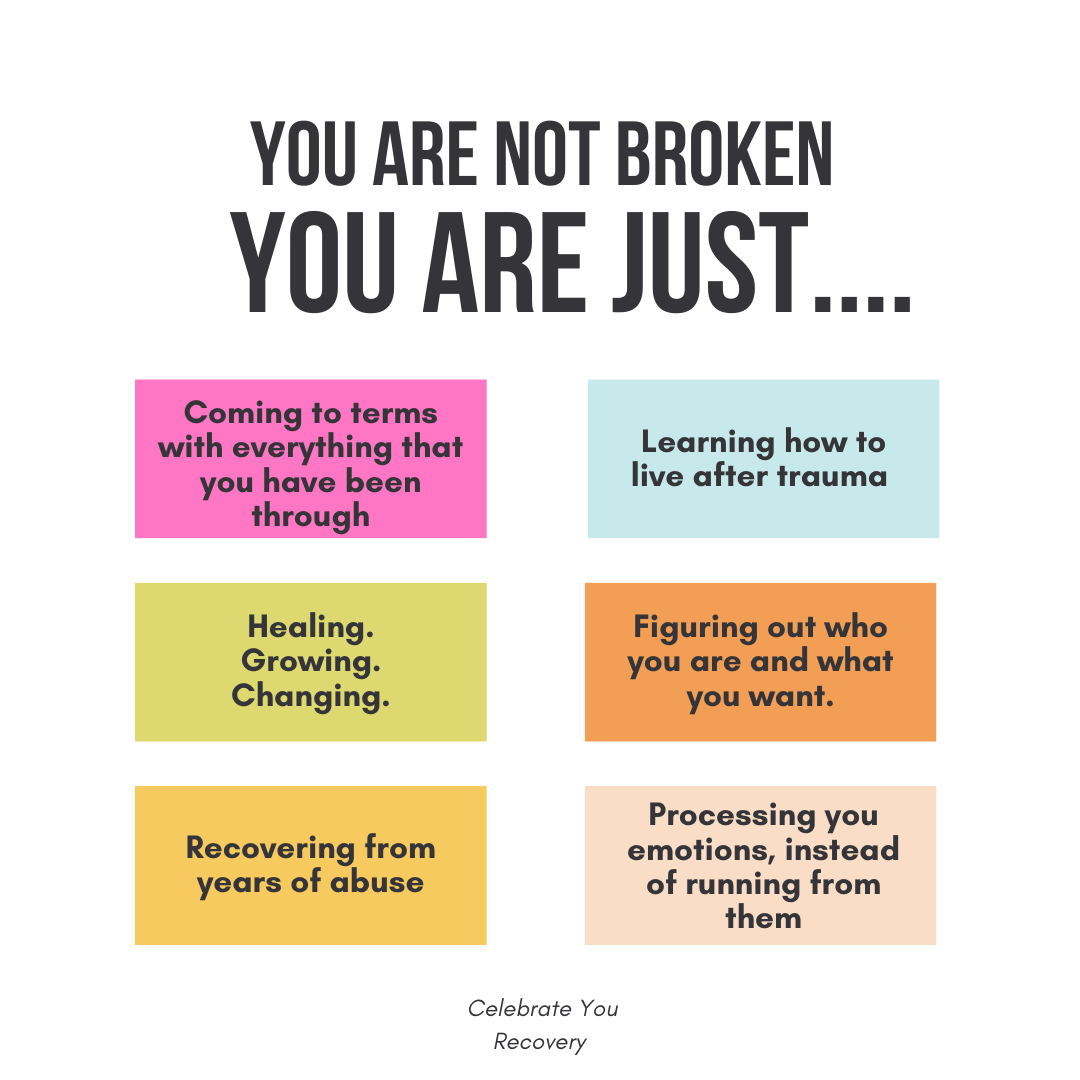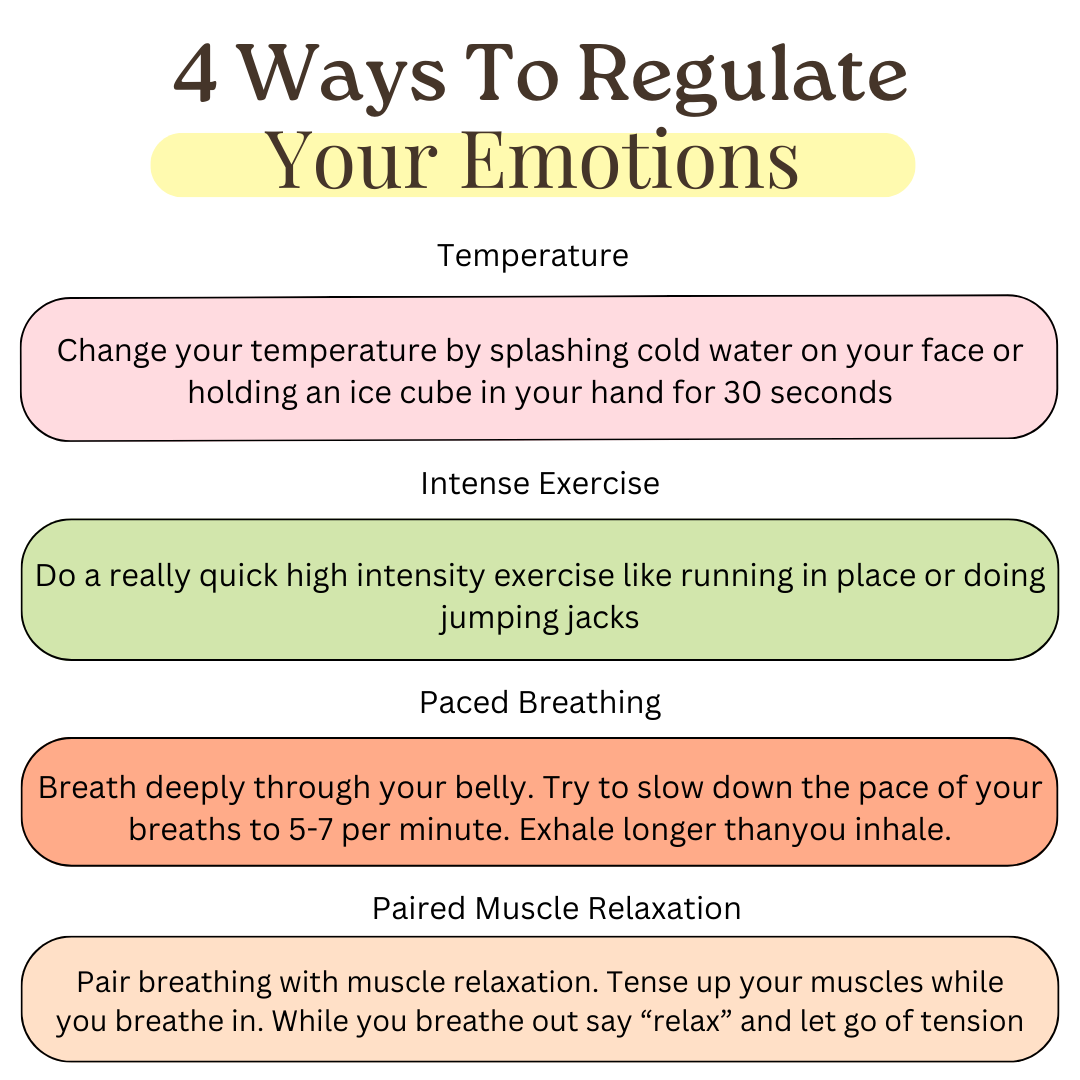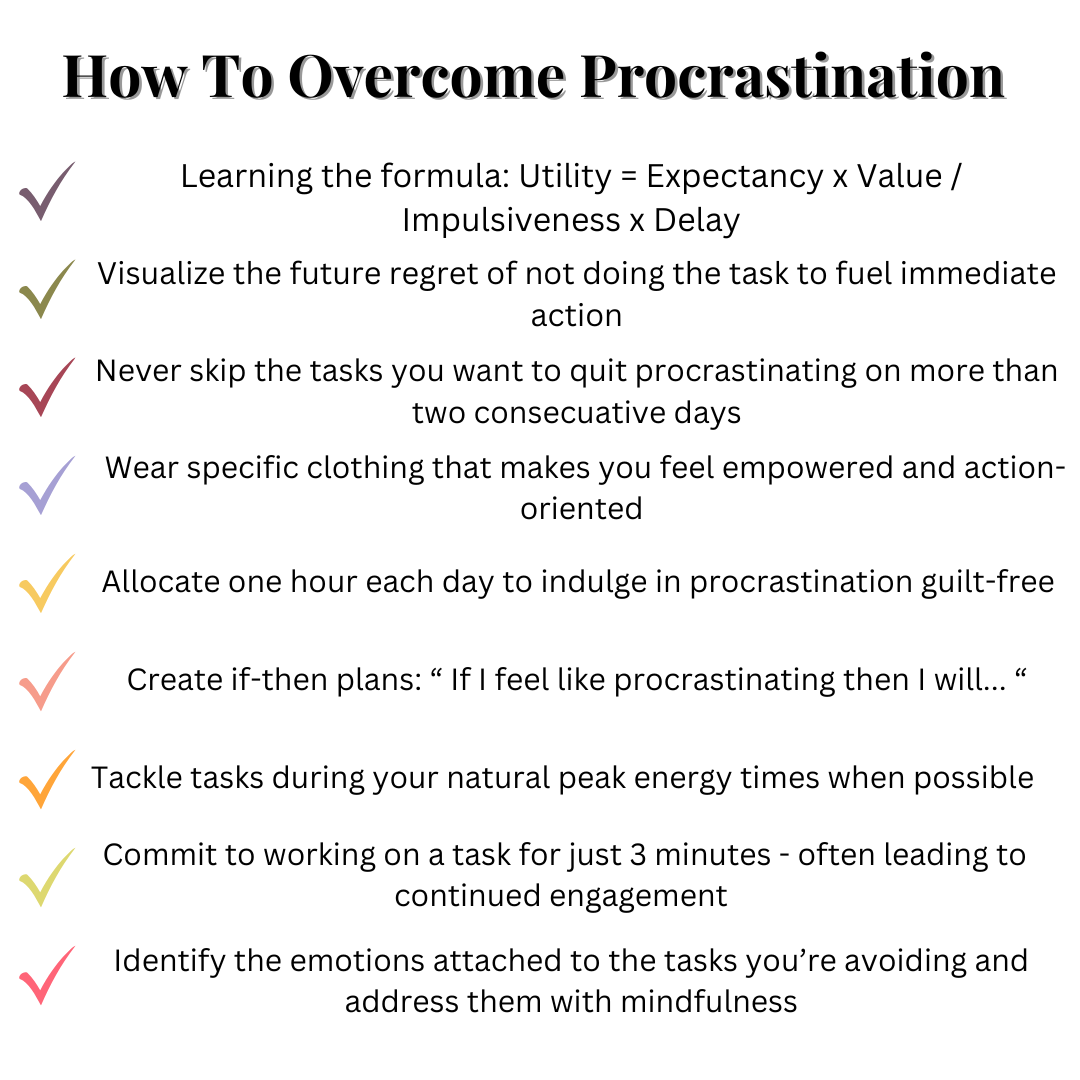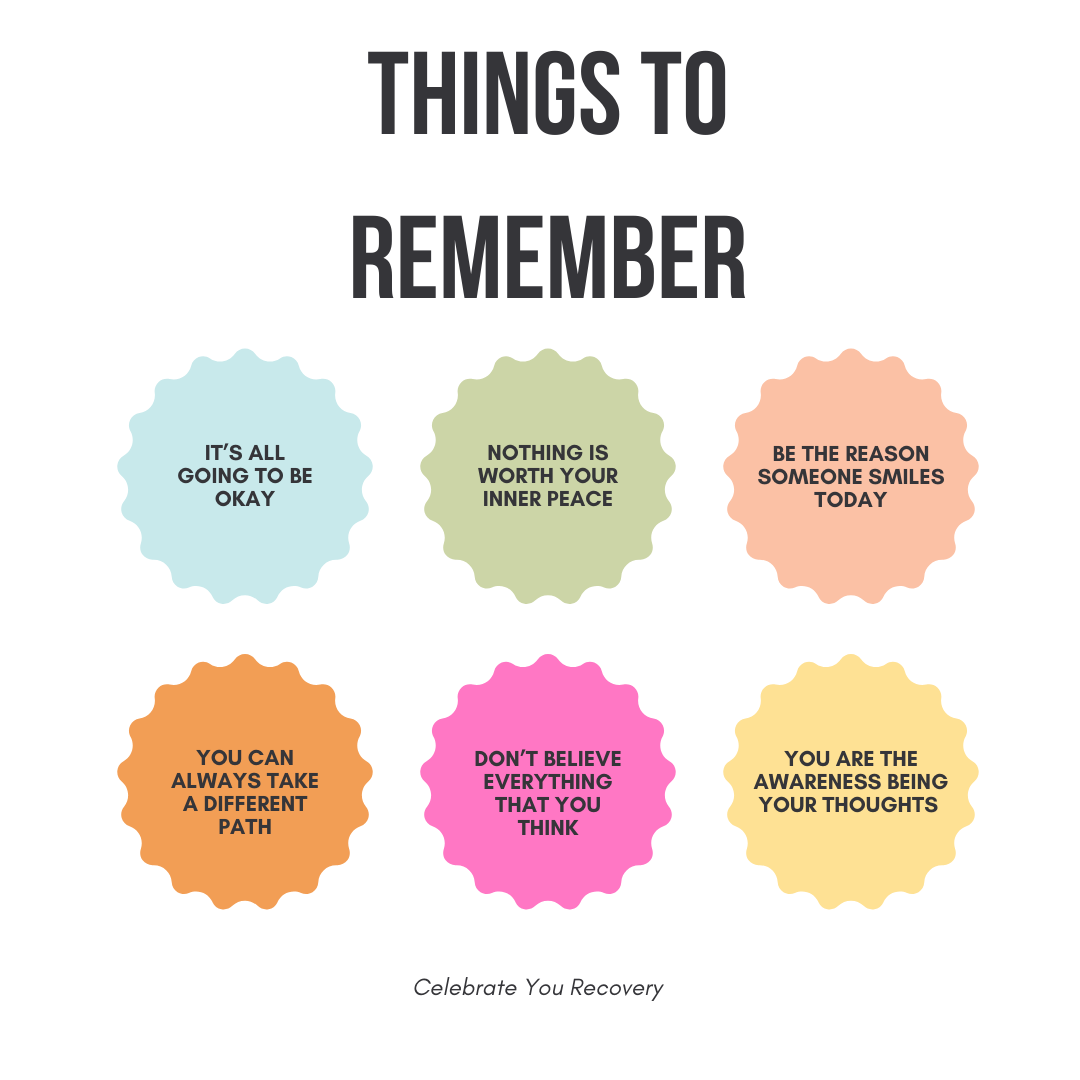Let’s Talk Mental Health
Trigger Warning:
This article contains detailed discussions of substance abuse, addiction, and mental health challenges, including references to depression, anxiety, trauma, and other disorders. If you are currently struggling with these issues, please be aware that the content may be emotionally difficult or upsetting. We encourage you to practice self-care and reach out for support if needed. Your wellbeing is the priority.
Disclaimer:
The information provided on this blog is for educational and informational purposes only. It is not intended to be a substitute for professional medical advice, diagnosis, or treatment. Always seek the advice of your physician or other qualified healthcare provider with any questions you may have regarding a medical condition or mental health concern.The content on this blog, including articles, personal stories, and discussions around addiction recovery and mental health, is based on the experiences and perspectives of the authors and community members. While we strive to provide helpful, evidence-based information, please understand that this is not a replacement for individualized care from a licensed mental health or medical professional.
The Inseparable Dance of Addiction and Mental Illness
We might like to pretend that we all have our shit together, but truthfully no one ever truly does. Each individual unique to their own struggles and challenges. We are all a work in progress.
The entire point of this life is to continue growing, learning, and thriving. No one is ever too far gone or a lost cause. The more efficiently and proactively we are able to indicate the areas in which we struggle, the more likely we are to implement means of working on them.
Although at times our shortcomings might seem to be deemed unmanageable, unfixable, and utterly draining we all hold the potential to do better and be better.
In the realm of substance abuse I know firsthand how detrimental it can be to allow internal conflicts to be ignored or pushed to the side in hopes that they might just magically repair themselves, or disappear on their own time. It doesn’t ever work like that.
So, hopefully to those reading this that might need a helpful piece of advice, let it be this- Nothing goes away until it teaches us what we need to know. And yes, some diagnosis’s, traumas, or phobias may stay with us for an entire lifetime. That does not mean however that we have to allow them to rob us of living a happy and fulfilling life.
It's a vicious cycle that traps far too many: the downward spiral of substance abuse fueled by underlying mental health struggles, which in turn only exacerbates those very issues. The relationship between addiction and conditions like depression, anxiety, trauma, and other disorders is a complex, deeply intertwined one - a veritable chicken-and-egg conundrum that has confounded experts and patients alike.
But what if we could unravel this tangled web, and shine a light on the ways mental health influences the entire trajectory of substance abuse? From the initial descent into addiction, to the daily battles of maintaining sobriety, to the lingering aftermath. It’s important that we assess the pivotal role that our psychological well-being plays at every stage of the journey.
Prepare to gain a revelatory understanding of the mental health-addiction connection. When we learn to see these two forces as inextricably linked, we unlock the key to truly comprehensive, effective treatment and lasting recovery. The path to freedom begins with embracing the complexity of our own minds.
Just getting started
For many individuals struggling with substance use disorders, the path to addiction often begins with an attempt to self-medicate underlying mental health issues. Whether it's turning to alcohol to numb the pain of depression, using drugs to quiet the anxious thoughts in one's mind, or seeking an escape from the debilitating effects of trauma.
When I think back and reflect on my own run in with drugs and alcohol I can only now pinpoint and address the reasoning behind what most of my self-destructive choices were. Back at that specific time I was unwilling to listen or help myself. I never cared enough to worry about why I was doing what I was doing. In return, that only kept me stuck in the chaos for longer, and only worsened any underlying problems that I already had.
I struggled with my image and self- worth. I was always comparing myself to others and feeling inadequate. I mistreated my body in any way you can possibly think of. I struggled with gaining weight and how I looked at myself in the mirror. Fixating for countless years on what the number on the scale would say or what size jeans I could fit myself into.
My parents divorced when I was in my early teen years and that impacted my brother and I more than our parents probably realized. I had to watch the two people I loved most fall apart in what felt like happened out of no where. Instead of focusing on being a kid, I fell into the position of trying to be my mom’s emotional support. I felt that even without their purposeful intent my brother and I were forced to pick sides and show favoritism in hope of not letting the other parent down.
The weight from that dynamic pushed me to isolate and not want to be around anyone. Except for my friends of course. I started partying because it was what every one else was doing, and for a brief moment it made me forget about anything else I might have had going on. No harm done right?
I have always struggled with some form of anxiety. When I was younger of course I had no idea that that was even a thing. I remember times where I would become overstimulated and that would come out as anger. I knew I wasn’t an angry, unloving, or miserable person but when you act out in ways that leave others unable to direct towards something else being the root, then that is exactly what you are labeled.
I struggled in and out of school with social anxiety. I would go to extreme measures to make sure I was never called on in class. It was easier to just stop going to school all together, honestly. When I was with other people in a social setting my mind was always racing thinking about what other people thought. Am I acting right? Am I dressed right? Did I say that right? Is that person looking at me? Do I have something on my pants? Do they think I’m a loser? Am I doing something wrong? Never ended noise and nonsense was going through my head at all times.
It took no time at all for my recreational partying to turn into a lifestyle. A lifestyle that for a brief moment quieted the noise.
When we address the root causes that drive substance abuse - the unmet mental health needs, the lack of coping skills, the absence of community support - we're not just preventing the initial choice to use. We're setting individuals up for long-term wellness, recovery, and the freedom to live their fullest lives.
Fortunately, there are evidence-based strategies that communities can implement to help break this cycle and prevent the initial choice to abuse substances in the first place.
Key Approaches
Expanding Access to Mental Health Services:
Ensuring that affordable, culturally-competent mental health care is available and destigmatized within a community is crucial. This might involve embedding counseling and therapy services in schools, clinics, and other trusted local institutions. It's also important to train primary care providers to screen for and address mental health concerns.
Implementing Comprehensive Prevention Programs:
Effective substance abuse prevention efforts must go beyond simplistic "just say no" messaging. Successful programs take a holistic, community-wide approach - educating the public about mental health, building social-emotional skills in youth, and strengthening family and peer support networks.
Fostering Resilience and Coping Mechanisms:
Teaching individuals, especially young people, healthy ways to manage stress, regulate emotions, and build resilience can go a long way in preventing them from turning to substances as a maladaptive coping strategy. This might include mindfulness training, counseling, and extracurricular activities that promote positive development.
The path towards healing and recovery is not an easy one. But by strengthening the connection between mental health and substance abuse prevention, we all as a whole can empower one another to make choices that lead to greater health, happiness and fulfillment.
When Shit Hits The Fan
So, let’s skip to the part where we didn’t listen and now were neck deep into the pits of hell.
While I was actively using every thing and anything under the sun I was completely oblivious to the damage I was creating for myself. Or maybe I wasn’t, I just didn’t care. I never really gave myself a brief moment to even think about it.
That was until I was put in certain situations that forced me to be. Being locked up, ending up homeless, being dirt broke without a job, the list goes on…. any set circumstance that arose directly from my use that restricted me from momentarily not getting high gave me a glimpse of my sober reality -and it wasn’t fucking pleasant.
In those moments it allowed me to see that I had things that were beyond my desire to want to attempt to sort out. Fuck all of that. So I continued sitting in my own shit, throwing a pity party, staying sick, until I found the means to go right back out, get twisted up, and forget all about it.
It's a pattern that plays far too often - an individual struggling with mental health challenges turns to drugs or alcohol as a means of self-medication, only to find that their substance use then exacerbates those very issues they were trying to escape.
Substances like opioids, stimulants, and depressants trigger the release of feel-good neurotransmitters like dopamine and serotonin, providing users with a temporary sense of euphoria, calm, or heightened focus.
Prolonged substance abuse leads the brain to adapt, causing it to produce less of these natural mood-regulating chemicals on its own. Over time, the brain becomes dependent on the artificial stimulation provided by drugs and alcohol. When the substance use stops, the brain is left in a state of neurochemical imbalance, leading to symptoms of depression, anxiety, irritability, and other mental health issues.
It Gets Worse
My mental health crumbled in every way imaginable. I was 10 times worse off than I ever was before while my chronic using continued.
Evaluating how things were when I first started using to where they ended up by the time I was actively pursuing a life in recovery is indescribable.
When it came to my anxiety drugs and alcohol at first gave me a certain confidence where I just didn’t give a shit about what anyone else was thinking about me. I went about my business without a care in the world. As my use continued that went away. The more my using made me act out in repulsive ways the emotions tied to that remained.
Whether that be a random hookup that would’ve never taken place if I was in my right mind, to being so twisted up that I couldn’t hide it from other people anymore, to facing criminal charges and remorseful activity to support my habit. The shame stuck around. I found myself isolating and keeping to myself. If no one could witness what a mess I was then it almost made it seem like I really wasn’t.
My depression peaked. Using at first was my escape from it all. The drugs had me convinced even if for a short time, that life wasn’t all that bad and I was enjoying things. I was allowing so much valuable time in my life to just pass me by in a blur. The moment the shit wore off I felt worse than I did before touching the it. The drugs only “kept me happy” for so long, before they didn’t anymore.
I found myself using and the depression, sadness, and hopelessness didn’t leave at all. It intensified. Especially with my drinking and alcohol use. There was no momentary passing of euphoric feeling. There was no joy or fun attached to it anymore.
I became angry. With myself, and with the world. It only makes sense that just as much as my using escalated so did my rage. My fuse was non existent. My parents and boyfriend at the time took the brunt of all of that. I had not a single lick of remorse for what came flying out of my mouth. I blamed every one around me for the life that I was consumed in.
When I was without my drugs I was a different type of monster. Just stay far away from me, and most people tried to. I never put my hands on any body when I was all with it, but it seemed that when the drugs and alcohol took over and my anger had no where else to go I resorted to putting my hands on people.
My episodes and run in with self-harm kicked into full force. My constant rollercoaster of emotions had me wanting to end it all on several occasions; or at least I thought I wanted to. My self-harm was a combination of punishment I thought I was deserving of, a cry for help and attention from others around me, and means of me feeling like I had at least one thing left in my control.
I left my body battered up. Cuts up and down my arms and on the inside of my thighs. Ended up putting a gun in my mouth at one point. And then, found myself on a lavish stay at the local hospital for a 72 hr psych hold. That’s where my using brought me.
When someone is in the grips of addiction, their priorities become completely skewed. Relationships suffer, work and school performance declines, and physical health deteriorates. These cascading life consequences then feed back into the mental health struggles that may have initially driven the substance abuse in the first place.
"It's not enough to simply treat the addiction - we have to look at the whole person and provide comprehensive support for their mental health needs as well. When we're able to do that, we open the door to true, sustainable healing." -Dr. Geiger.
& Then It Gets Better
Embarking on the journey of recovery is undoubtedly one of the bravest and most transformative decisions an individual can make. But for many including myself, the work doesn't just stop there.
If you're ready to prioritize your mental health as part of your recovery, here are the essential steps to get you started:
Seek Professional Support
One of the most important things you can do is connect with a qualified mental health provider - whether that's a therapist, counselor, psychologist, or psychiatrist. They can help you navigate the complex relationship between your substance use and mental wellbeing, provide evidence-based treatment, and develop a personalized plan for your healing journey.Embrace Holistic Self-Care
Rebuilding your mental health isn't just about clinical interventions - it also requires a commitment to nourishing your mind, body, and spirit through lifestyle changes. This might include practices like mindfulness meditation, regular exercise, healthy nutrition, and engaging in activities that bring you joy and a sense of purpose.Build a Support Network
Surrounding yourself with a community of people who understand and validate your experiences is crucial. This could involve participating in support groups, connecting with a recovery coach or sponsor, or simply leaning on trusted friends and family members who can provide encouragement and accountability.
Address Trauma and Underlying Issues
For many individuals in recovery, unresolved trauma - whether from childhood, relationships, or past experiences - is a driving force behind their substance abuse. Working through this trauma, often with the help of a therapist, is an essential part of the healing process.Practice Self-Compassion
The road to mental wellness is rarely a straight line. There will be ups and downs, setbacks and triumphs. The key is to approach yourself with kindness, patience and understanding - avoiding self-criticism and instead celebrating each small step forward.
Be proud of yourself. Making the choice to face everything that you are takes the upmost courage and strength. You are a warrior and don’t ever go thinking otherwise. It’s really easy for other’s on the outside to be critical and think this shit is a walk in the park. That it’s a simple “fix” and then you’re cured.
Be patient with yourself. The destruction took you how long to accumulate? It’s going to take you a little while and some discouraging times to power through to get you to the place you want to be. But you WILL get there. I promise!
Relearning and navigating your entire being once you sober up is very difficult. Any time I speak on this, I always go on to encourage others by saying “The color comes back, little by little.” Once you notice it in the smallest of things it reestablishes your sense of hope and pushes you to keep going.
I can recall when I first got sober my days seemed to be void of everything. Literally everything. It was as if I was living in black and white. Not even…grey. But the longer I stayed sober and proactively got myself through the days that started to change.
There will come a time that you regain the desire to get out of bed in the morning. There will come a time that you are making a cup of coffee and suddenly you are filled with an overwhelming sense of gratitude for God giving you another day, and give thanks for all that you have in this life. There will come a time that you pick up a book again or revisit an old hobby and it rekindles a sense of joy and fulfillment.
There will come a day when you catch yourself in the mirror and don’t turn your head but instead take a deep breathe, stare with tears welling in your eyes because you finally see a glimpse of the man/woman you thought you lost. There will come a time. Don’t give up on yourself before you get there. It’s right around the corner.
My road to recovery alike so many others has been nothing short of boring. Regaining my life has tested every limit that I have. But nothing has never been more worth it.
The longer I spent sober the more I was able to piece my mental health back together, maintain it, and continuing working on it.
Social settings were a challenge for a bit, and sometimes still are. Surrounding myself with people who were doing other things beside using made me feel like I was first on the chopping block to be judged in almost any situation. But I had to get over that. I started attending meetings and making meaningful connections in more appropriate places. I established a wonderful support system and a big piece of my recovery success is dedicated to them.
I started focusing on my self-care. Down to the most basic shit. Paying attention to my sleep, feeding myself more than just an iced coffee and a pack of smokes, doing my hair and make-up again. Simple Shit. Start with that.
I started filling up my void time with reading, writing, anything productive that kept my mind occupied and ended up bringing me enjoyment.
Once you proactively start creating new habits and taking better care of yourself the reward surfaces rather quickly. When you start doing better you start feeling better- mentally, emotionally, and physically.
One of the most immediate benefits of sobriety is the restoration of mental clarity and focus. Substance abuse, whether it's alcohol, opioids, or stimulants, can have a significant neurological impact - disrupting the brain's natural balance of neurotransmitters and impairing cognitive function.
The way I am able to now emotionally regulate and control my behaviors, impulses, and mental disturbances in comparison to the years I was stuck in active addiction is remarkable.
Getting sober does not promise us that we will no longer run into life’s difficulties, it just makes us more equip to handle them when we do.
To help you get started, here are 7 transformative habits to cultivate in early recovery that can have a profoundly positive impact on your mental health:
Establish a Consistent Self-Care Routine
Caring for your mind, body, and spirit through daily self-care practices is essential for mental wellbeing. This might include things like regular exercise, healthy nutrition, adequate sleep, and engaging in activities that bring you joy and a sense of purpose.Practice Mindfulness and Meditation
Mindfulness-based techniques like meditation, breathwork, and body scans can help calm the mind, regulate emotions, and foster a greater sense of present-moment awareness - all of which are crucial for managing mental health challenges.Build a Strong Support Network
Surrounding yourself with a community of people who understand and validate your experiences is key. This could involve participating in support groups, connecting with a recovery coach or sponsor, or simply leaning on trusted friends and family members.Engage in Therapy and Counseling
Working with a qualified mental health professional, whether it's a therapist, counselor, or psychologist, can provide invaluable support, coping strategies, and a safe space to process your thoughts and emotions.Explore Creative Outlets
Engaging in creative pursuits like art, music, writing, or even just coloring can be a powerful way to express yourself, manage stress, and cultivate a greater sense of joy and fulfillment.Prioritize Healthy Sleep Habits
Getting adequate, high-quality sleep is crucial for mental health. Establish a consistent sleep routine, limit screen time before bed, and create a relaxing sleep environment to ensure you're getting the rest your mind and body need.Give Back to Your Community
Volunteering, mentoring others, or simply performing acts of kindness can provide a profound sense of purpose, boost self-esteem, and foster a greater connection to something larger than yourself.
GET ON AND GET GOING
This is your wake-up call to get up, get moving, and take the first steps towards the life in recovery that you know you were meant to live. No more excuses, no more playing small - the future you crave is closer than you think, if only you're willing to put in the work. So what are you waiting for?
The rewards of prioritizing your mental health are truly life-changing. Yes, it will take dedication, patience and hard work - but you are more than capable. Remember, your mental wellness is the foundation upon which your lasting recovery is built. So keep going, keep growing, and trust that with each positive habit you cultivate, you're fortifying the strong, resilient, and joyful life that's waiting for you on the other side.
Make no mistake - the path of sobriety is paved with challenges, setbacks, and moments of intense struggle. But the alternative - remaining trapped in the vicious cycle of addiction - is a fate far worse. Because on the other side of that fight is a life of true freedom, purpose, and joy. A life where you're no longer at the mercy of substances, but in full command of your mind, your emotions, and your destiny.
Yes, getting sober requires immense courage, resilience and hard work. But the dividends it pays - in terms of your mental health, your relationships, your sense of self-worth - are incalculable. So when the road gets tough, when the cravings feel unbearable, remember what you're fighting for. Remember the person you're becoming, the life you're reclaiming.
Stay the course, keep pushing forward, and watch as the true brilliance of your spirit is finally able to shine!! You’ve got this shit!!

















